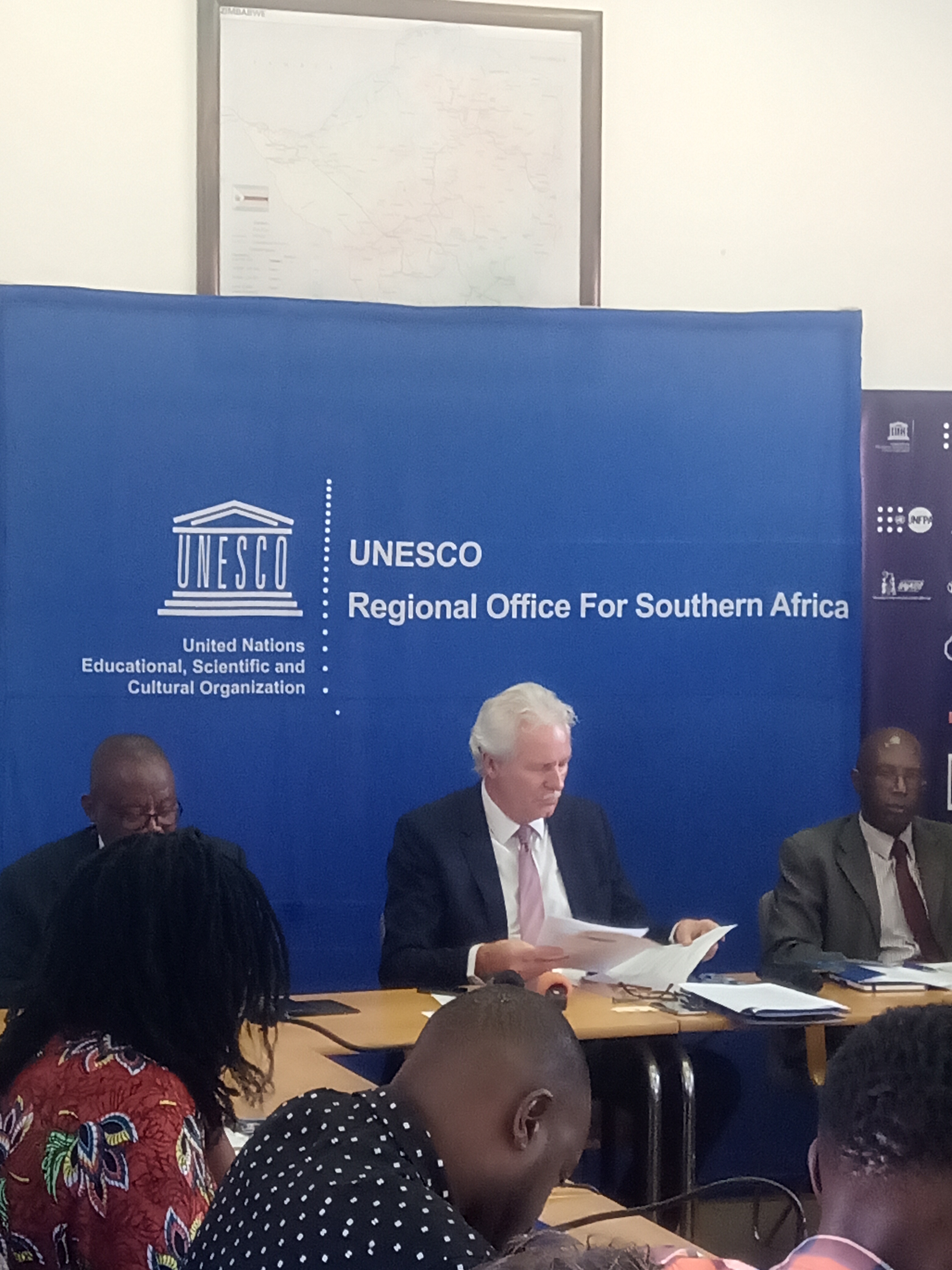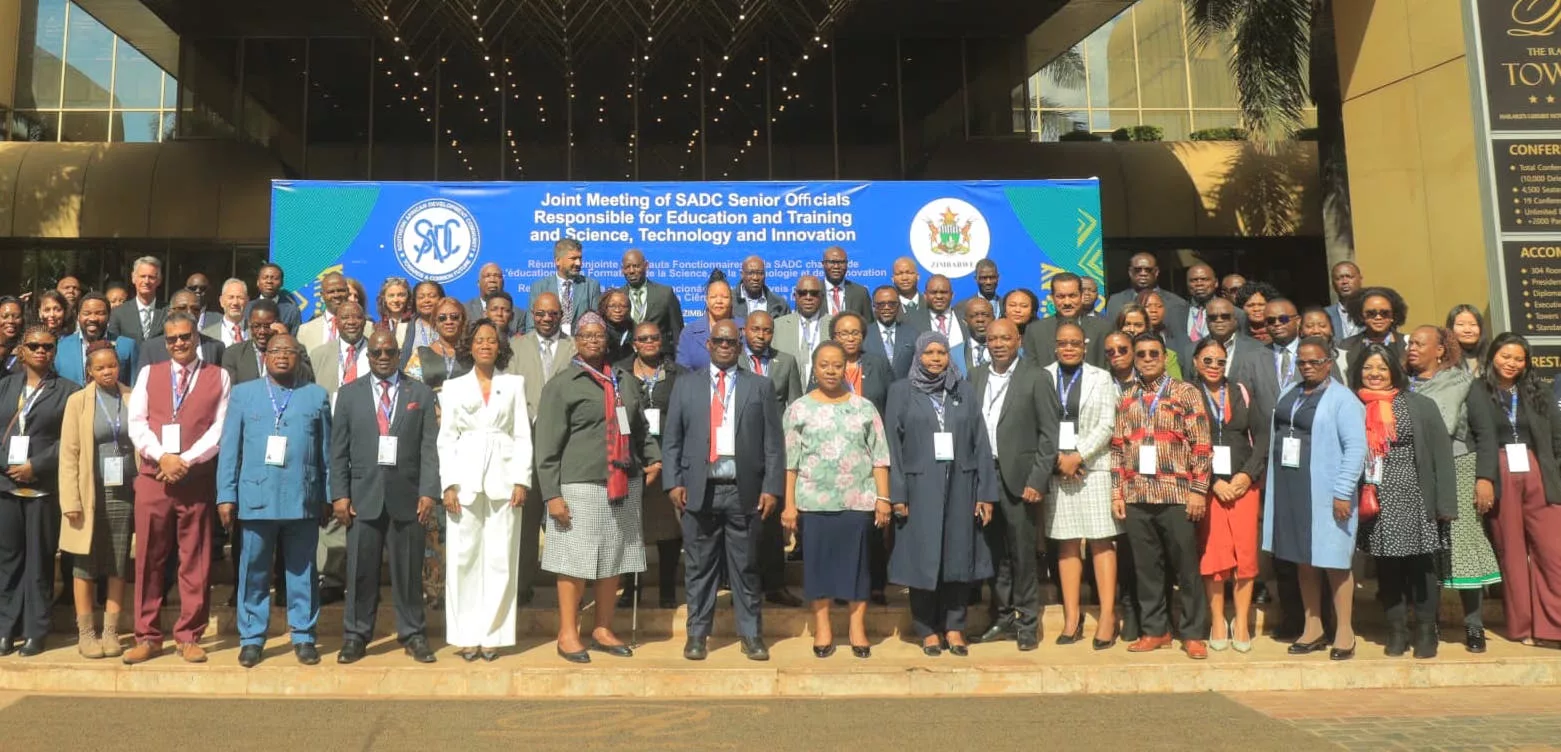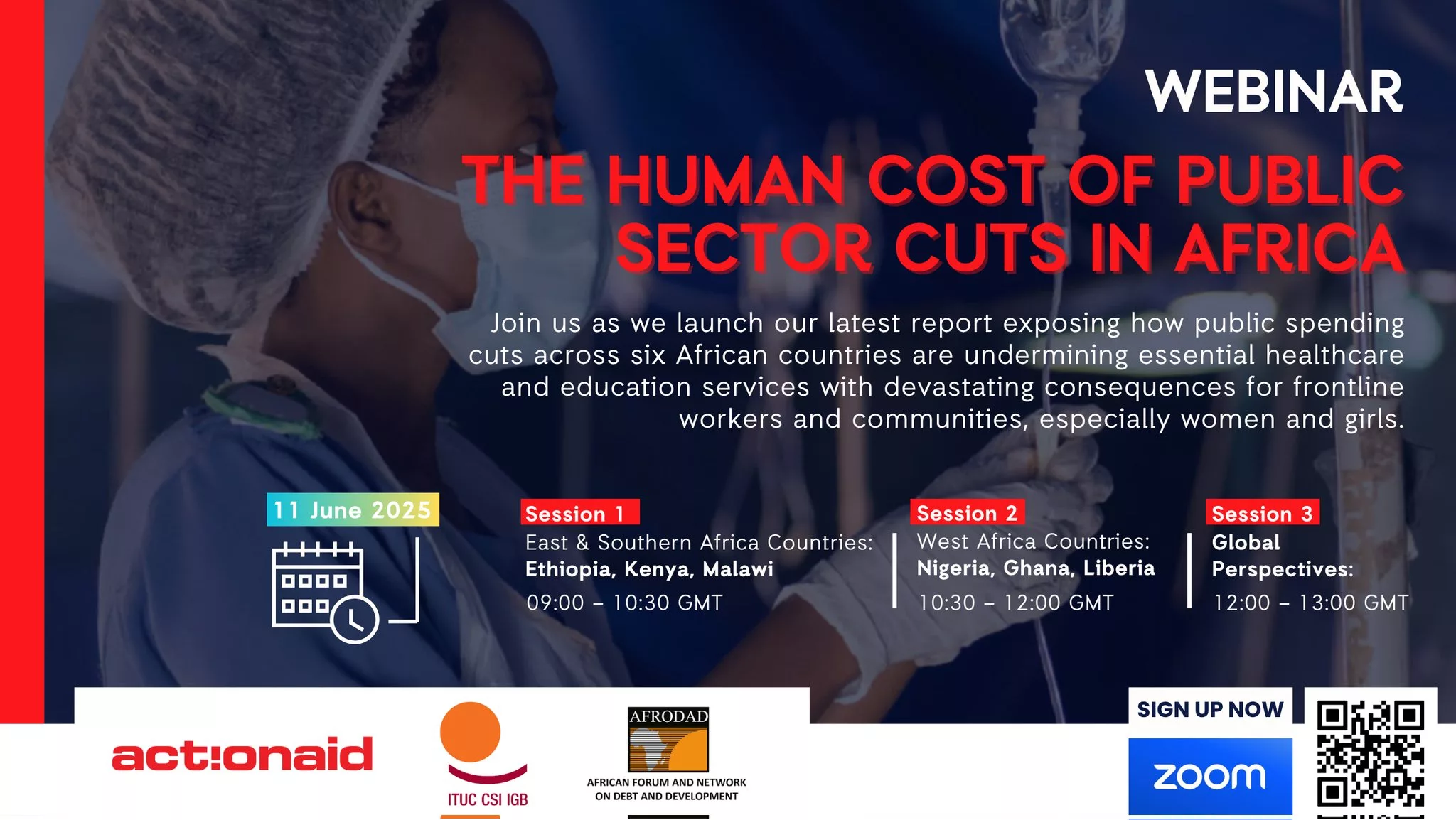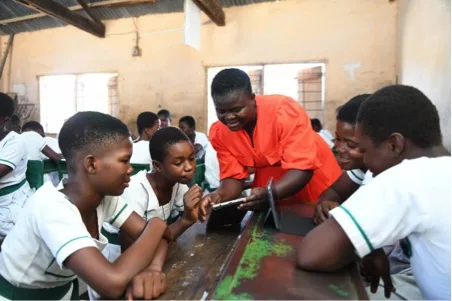Theme: Learning for People, Planet, Prosperity and Peace
In 2018, countries participating during the United Nations General Assembly identified a need for the commemoration of International Day of Education. The day is to remind member states’ of their commitment to the Universal Declaration of Human Rights as well as The Convention on the Rights of the Child. In both documents, countries have committed themselves to free compulsory elementary education. The day was instituted to honour the world’s commitment to Sustainable Development Goal 4 [SDG 4] which states that countries shall be committed to equitable and quality education by 2030.
Theme
This year, the theme for the day is “learning for people, planet, prosperity and peace”. The theme highlights the integrated nature of education. Education seeks to benefit all. From self, to family to community to country, education plays an important role in producing the people that we are and how we relate to one another. What the theme seeks to remind each nation is that education is not only for the benefit of the pupil but for the world at large.
1.2 Million Children Out of School?
According to the United Nations, 265 million adolescents and children around the world do not have the opportunity to enter and complete school; 617 million people cannot do basic mathematics and less than 40% of girls in sub-Saharan Africa complete school. In Zimbabwe, Zimstat tells us there are up to 400 000 people who have never been to school. The Borgen Project [an internationally recognised Non Profit Organisation that addresses poverty and hunger and works towards ending them through publication of facts and figures to raise awareness] claimed that 1.2million children of school going age were out of school in 2019. Zimstat figures indicate that 85% that do attend school, complete primary education, 52% secondary, but only 1% attain bachelor’s degrees from local universities per year. The statistics however are not all negative, United Nations Development Program (UNDP) says that in 2018, Zimbabwe had the highest textbook availability ratio in Africa.
The statistics for Zimbabwean education are a mixed bag. Despite showing positive results in some areas, we still have numerous negatives to deal with. The United Nations has dubbed the decade starting 2020 as the “Decade of Action”. This means that in order to meet SDG 4 and have quality and equitable education by 2030, Zimbabwe needs to step up and meet the needs of the people on the ground. There needs to be motivation for more girls to stay in school, education needs to be affordable and more resources need to be availed to the education system in order to maintain our place at the top of Africa’s education achievers.
On the Ground
The President of the General Assembly, Tijjani Muhammad Bunde, in his speech on the day asked whether there was cause for celebration and if any such celebrations are relevant. This is something that Ministries responsible for education must ponder on.
As much as Zimbabwe can be commended for the statistics coming from various institutions in some aspects, the matter on the ground must not be ignored. More and more Zimbabwean educators have become disgruntled in their quest to educate students. From lack of resources such as textbooks and stationery to low income for teachers, our once renowned system is under stress. Students from universities have time and again shown their disapproval of the ever-rising fees as well as the living conditions as well as meal options across the institutions.
Sections 27 and 75 of Our Constitution
Under section 27 of the Constitution which is part of the chapter on national objectives, the state “must” take all practical measures to promote free and compulsory basic education for children. Section 27 is complemented by section 75 which provides that every citizen and permanent resident of Zimbabwe has the right to a basic state funded education.
As much as the Constitution mandates the government to take steps to promote free education, this must be realised within the limits of the resources available to the State. The availability of State resources however, is not an excuse for the government to sit back and do nothing. The provision by the word “must” clearly places an obligation on the relevant governmental institutions to take appropriate action in realising free and compulsory education.
Although free education may not be easily realised in 2019, we urge the government to be transparent in its funding of education so that the current conditions in our schools may be made better as well as to help increase the percentage of people that actually complete school in the nation.
An Up-to-date And Inclusive System
The time has come for Zimbabwe to stop riding on the wave of yesterday and take reasonable steps to have an education system that is up to date and one that is inclusive of all Zimbabweans. Through appropriate and practical education the inequality in Zimbabwe can be reduced. As the theme reminds us, education needs to be relevant for person, planet, prosperity and peace.
As the Ministry of Education rolls out the new curricula in schools, we urge them to be sensitive to the needs of both the teacher and the pupil. Education must be relevant and school systems should cater to the work demands of the nation. Over the past years we have been known to be a nation that produces graduates for others but it is time for us to produce graduates for ourselves.
As we seek to improve the education system and better the statistics coming out of Zimbabwe, we must ask ourselves whether we have equipped the children of today with the skills they need to be productive tomorrow.






